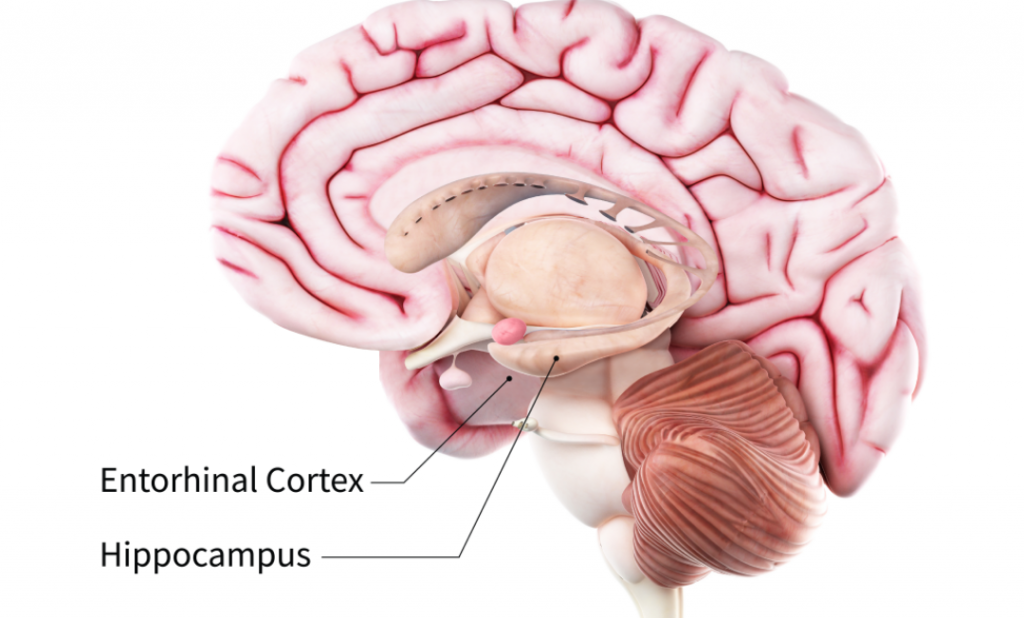
AI can help people detect Alzheimer’s Disease at home through an app.
Algorithm Claims 80%-92% Succes Rate for Detecting Signs of Alzheimer’s
Just this week we shared with you a story of how AI is being used to read optical scans to detect possible upcoming heart attacks and other heart issues. Now we have found another piece of great news from spectrum.ieee.org that reports on how Alzheimer’s disease is a new target for several medical algorithms.
Alzheimer’s disease is notoriously difficult to diagnose. Typically, doctors use a combination of cognitive tests, brain imaging, and observation of behavior that can be expensive and time-consuming. But now a quick voice sample, easily taken at a person’s home, could help identify whether someone has Alzheimer’s.
Canary Speech has created this technology using deep learning. Its algorithms analyze short voice samples for signs of Alzheimer’s and other conditions. Deep learning provider Syntiant recently announced a collaboration with Canary Speech, which will allow Canary to take a technology that is mostly used in doctor’s offices and hospitals into a person’s home via a medical device.
While some research has found deep learning techniques using voice and other types of data to be highly accurate in classifying those with Alzheimer’s and other conditions in a lab setting, it’s possible the results would be different in the real world. Nevertheless, AI and deep learning techniques could become helpful tools in making a difficult diagnosis.
“What you’re interested in is, what is the central nervous system telling you that is being conveyed through the creation of speech?” says Henry O’Connell, CEO and cofounder of Canary Speech. “That’s what Canary Speech does—we analyze that data set.”
While many people think of Alzheimer’s as an older person’s disease and associate it with other mental disorders such as dementia. But research suggests that Alzheimer’s can impact speech and language even in the disease’s earliest stages before most symptoms are noticeable.
The new technology is meant to be incorporated into a wearable device and take less than a second to analyze a 20- or 30-second sample of speech for conditions like Alzheimer’s, as well as anxiety, depression, and even general energy level. Canary Speech reportedly has around a 92.5% accuracy when measuring people with and without the disease.
Other researchers working on similar issues with Alzheimer’s allow them to predict if a patient with mild symptoms of the disease will actually become burdened by it. Other voice-based technologies have had success, says Frank Rudzicz, an associate professor of computer science at the University of Toronto and co-founder of Winterlight Labs, which makes a similar product to Canary Speech.
“We want to have methods to stratify individuals along the Alzheimer’s disease continuum,” says Eran Dayan, an assistant professor of radiology at the University of North Carolina, Chapel Hill and an author of the 2021 study. “These are subjects who are likely to progress to Alzheimer’s disease.”
There are some issues that author Rebecca Sohn brings up with the various speech analyzers, but progress has been so remarkable that there is little doubt the medical field will make the corrections needed, and possibly in the near future we will be much more equipped to detect the disease before it becomes devastating. And when you understand the disease and how it progresses, the next step is to eradicate it entirely. What a dream that would be for millions of families who have had to watch their loved one slip away one day at a time.
read more at spectrum.ieee.org







Leave A Comment